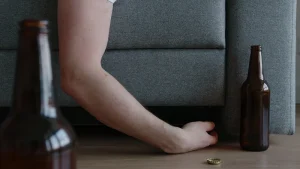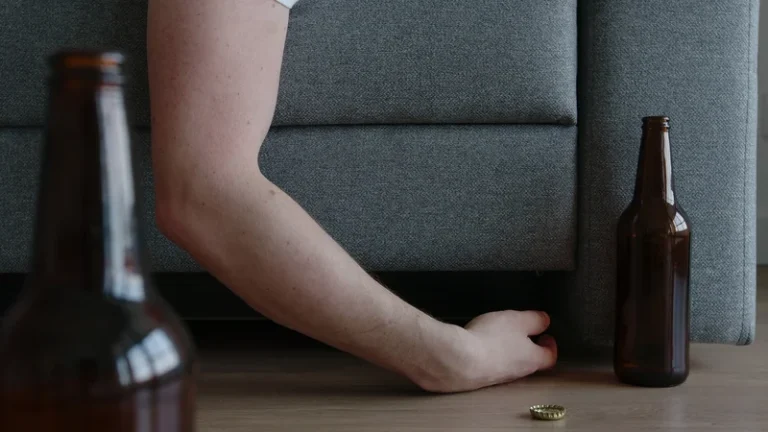- Bookkeeping
-
by pohoda

Contact a healthcare provider if hyperhidrosis affects your mental excessive sweating after drinking health and social well-being. Experiencing shaking and sweating after consuming alcohol can be concerning and may leave you wondering about the underlying causes. Several factors can contribute to these symptoms, ranging from the effects of alcohol on the body to various health conditions. Understanding these causes and symptoms can provide insights into why shaking and sweating occur after drinking. To minimize the risk of experiencing night sweats caused by alcohol, it is crucial to consume alcohol responsibly and in moderation. This means limiting your alcohol intake and avoiding binge drinking sessions.
- Take the first step towards a brighter, alcohol-free future with Zinnia Health today.
- The severity of the shakes may vary depending on the amount of alcohol consumed.
- If you have hyperhidrosis, your eccrine glands activate and produce sweat more often than when your body is too hot.
- Furthermore, if you abruptly stop drinking, you may experience alcohol withdrawal symptoms, which also include night sweats.
What Are the Negative Effects of Alcohol-Induced Night Sweats?

Having night sweats or making yourself perspire won’t expel alcohol from your system any faster. A small amount of alcohol is broken down in your stomach lining, but your liver metabolizes most of it. Most of the alcohol you consume is broken down into byproducts through metabolism within your body. Have you ever woken up in the middle of the night in a pool of sweat?
Other factors
- Research suggests that an estimated 3% of adults in the United States between ages 20 and 60 have hyperhidrosis.
- With proper treatment, counseling and a strong support system, it is possible to break free from the grips of alcohol addiction and begin recovering your health and wellbeing.
- If you are experiencing these effects or believe your drinking has gotten out of hand, talk with your doctor or other trusted professional.
If your sweating is caused by another condition, any treatment you may need will depend on what’s causing it. Find a brighter tomorrow by starting with our compassionate team of medical professionals and recovery specialists today. To find another treatment program, browse the top-rated addiction treatment facilities in each state by visiting our homepage, or by viewing the SAMHSA Treatment Services Locator. However, there are ways that you can help reduce its intensity and the discomfort it may cause.
Body temperature
People may not realize that because of this, they are at risk of hypothermia in cold weather. During hot weather, they may begin to experience nausea and dizziness with dehydration in addition to sweating. Alcohol can cause the heart rate to quicken or the heart rhythm to become irregular.

Being aware of these symptoms can help you better understand your condition and take appropriate actions to address alcoholic night sweats. Remember, it’s essential to consult with a healthcare professional for personalized advice and support. Remember that night sweats can also be a sign of an underlying medical condition or lifestyle factor.

If excessive sweating has no underlying medical cause, it’s called primary hyperhidrosis. It happens when excess sweating is not triggered by a rise in temperature or physical activity. As a whole, maintaining a moderate and responsible alcohol intake is crucial to avoid triggering or worsening these health conditions.
